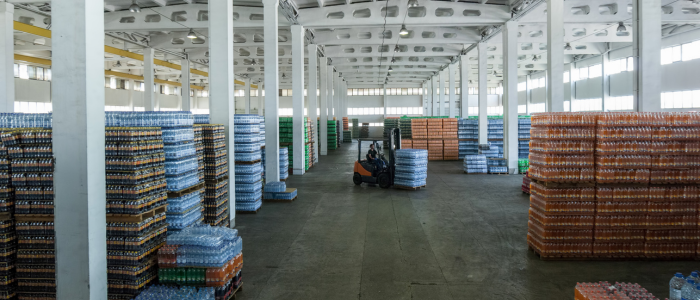Guide: Optimization and Digital Transformation for Beverage Distribution Companies
In the ever-evolving beverage distribution landscape, digital transformation and strategic partnerships have emerged as pivotal catalysts for enduring success and innovation. The industry, characterized by its unique challenges and diverse needs, demands a nuanced approach to technology integration and strategic collaboration to navigate the complexities of the modern market.
Here, we delve into the strategic nuances of optimizing beverage distribution, exploring the convergence of technology, strategy, and innovation, and how it empowers organizations to confront rising operational costs, evolving consumer preferences, and market disruptions.
Want to Save This Guide for Later?
Get the PDF format of this guide for on-the-go access.

Unique Challenges in the Beverage Distribution Industry
In the world of beverage distribution, technology isn’t a one-size-fits-all solution. Different beverage distribution companies have different needs and require unique ways of integrating technology into their operations. Additionally, the beverage industry is in a constant state of disruption due to increasing pressure from omnichannel strategies and ever-changing consumer demands.
As a result, many beverage distribution companies are in the challenging position of selecting appropriate technology solutions and the right strategic partners from a vast pool of options.
The Beverage Distribution Industry: Confronting Rising Costs with Process Optimization and Technology
Wholesale distributors are seeking advanced technology and strategic partners to counter escalating costs. Factors such as the evolution of consumer demand leading to SKU proliferation, operational efficiency losses due to outdated or limited warehousing and routing technology, and ever increasing workforce challenges all contribute to these rising costs. These challenges necessitate a robust digital transformation strategy, and business leaders are turning to sales execution and operational process optimization, technology and strategic partnerships to foster innovation that reduces the cost per unit/case sold.
Prioritizing Value Delivery in Digital Transformation Strategies
Beverage distribution companies are rethinking their digital transformation strategies to prioritize value delivery over technology delivery. In the past, IT departments often raced to keep up with the evolving demands of business operations and the increasing risks of system downtime, data integrity, and cybersecurity. Nowadays, cloud infrastructure, SaaS application models, and long term consulting relationship models for staff and expertise acquisition allow businesses to concentrate their IT resources on delivering value through operational technology, employee experience and customer experience.
More than ever sales, warehouse, and distribution operations are tightly aligned with IT departments to deliver the highest quality customer experience through process optimization and deployment of latest technologies. This alignment unlocks value delivery in digital transformation strategies. Modern Chief Information Officers (CIOs) are becoming increasingly influential in providing value to customers, reflecting this shift.
Shifts in IT Spending: The Impact of Strategic Professional Services and Cloud Solutions
The transition towards strategic professional services and cloud solutions is affecting how companies allocate their IT spending, as demonstrated by Gartner’s recent analysis.
IT spending is still on the rise, but certain sectors are driving this growth more than others. IT Services, often related to technology deployment, continue to demonstrate growth in this area. Businesses are prioritizing their technology investments and focusing on transitioning to solutions in SaaS enterprise software, devices, and IT services.
Worldwide IT Spending Forecast (Millions of U.S. Dollars)
As beverage distribution companies embrace cloud and strategic professional service models, the representation of IT spending in financial reports is also changing. IT Capital Budgets and expenditures (CapEx) are decreasing, while Operational Expenditures (OpEx) are increasing. This shift is driven by subscription applications and professional service support models, and data from Computer Economics illustrates this year-over-year decline in CapEx as a percentage of IT spending, highlighting the changing approach to business technology investment.
Strategy, Operations and Technology Consulting
The greater adoption of a remote workforce fueled by the COVID19 Pandemic opened a national, and even global, marketplace for acquiring expertise and talent typically reserved for larger organizations settled in largely major metropolitan areas. This trend, along with the unprecedented workforce challenges sparked by the pandemic, has generated a significant need for companies to seek out industry experts to support their organizations through strategy, operations, and technology management consulting services. We have seen this directly in the beverage distribution industry with an uptick in requests for strategic business process optimization and technology transformation.
Investing in the right strategic professional service partners provides beverage distributors access to teams of experts that deliver significant returns, oftentimes for less than the cost of adding a single full time employee at the manager level.
Outsourcing technology support services, business process optimization, and business analyst services is increasingly valuable to beverage distribution companies seeking white glove solutions without the costs associated with employing teams of expert tacticians.
Market research shows the current and future growth of management consulting services specifically in operations and technology as operational challenges and speed of technology increases. Forward-thinking beverage distributors are getting ahead of this trend and partnering with experts to be at the forefront of business transformation.

Beverage Distribution Technology Transition and Transformation
In the Beverage distribution sector, whether you’re an established company or a relatively new entrant, technological innovation should be the bedrock of your operations.
Digital transformation is a broad, organization-wide shift, part of the larger, ongoing organizational strategy. Technology transition, on the other hand, involves the execution of change from one technology to another. These two concepts are closely intertwined, and it can be challenging to find a strategic partner capable of handling both. The right partner can ensure your success in the marketplace. Modern distribution technology companies are focused on either implementation of their SaaS software models or sometimes capital intensive automation, storage, and delivery solutions. Lost in these valuable initiatives for beverage distributors is connecting strategic alignment of key business processes, people, and change management; resulting in disparate projects and disconnected initiatives often yielding less than expected results.
The pace and continuous nature of these projects and initiatives requires experts in delivering complex projects that align people, processes, and systems to deliver the highest level of return on investment of new solutions.
The Role of Strategic Partners
Strategic partners who are well-versed in the beverage distribution industry can provide vital application support, operational, strategic process consulting. This not only enhances the customer experience, but it also increases operational efficiency and agility, ultimately driving profitability.
Whether you’re dealing with mission-critical applications or breaking into new markets, it’s crucial that your strategic partners understand your systems, business objectives, and industry, and can assist in planning and executing digital transformation.
Market Disruptions and Pressures
Market disruption and pressures are driving distribution companies to deliver more for less, faster than ever to remain competitive. Companies are digitizing and automating processes to cut controllable costs and increase profitability. This optimization and transformation strategy focuses on operational agility, striving to improve cost management and enhance customer experience through efficiency gains.
Expertise that links knowledge of your business, industry best practices, and the solutions themselves is necessary to determine the best-fit solutions, deploy the solution, and provide support. Beverage distribution companies are enlisting strategic partners to streamline digital strategy, execution, and ongoing systems support, thereby driving down operational and innovation costs.
Long-term Growth Strategy
Long-term growth requires a relentless focus on innovation, operational efficiency, and customer satisfaction. This can be achieved by staffing and positioning your organization in a way that allows for fixed costs needed to run the business (software, hardware, automation, and ongoing support) to be managed as cost-effectively as possible. Partnering with a strategic provider who offers these skill sets as a managed service is often the best way to achieve this. This allows the core business leaders to focus on developing innovative and competitive go-to-market strategies while driving down the costs to manage the mission-critical business processes and systems.
Want to Save This Guide for Later?
Get the PDF format of this guide for on-the-go access.

Distribution and Warehouse Optimization
The warehouse floor marks a pivotal starting point for beverage distribution companies striving to enhance their operational agility. By integrating advanced technology, these organizations can revamp their warehouse processes and technology, yielding considerable improvements in distribution efficiency and cost reduction. Warehouse management, control, and execution systems, automated picking technologies like voice-enabled systems, automation storage and retrieval, and workforce tools such as live business intelligence dashboards are all critical components of this operational optimization and transformation strategy.
Finding a strategic partner to guide business transformation, leveraging new technologies while enabling people and optimizing business process interactions with new systems is paramount.
Warehouse Automation
Warehouse automation saw a significant increase in investments during 2021. The COVID-19 pandemic highlighted the importance of efficient and resilient supply chains, prompting many companies to invest in automation to enhance their distribution capabilities. When done in alignment with a well developed and measured business process, automation can deliver significant return on investment.
Implementing Robotics, Automated Guided Vehicles (AGVs), AI and Machine learning integrations, Data analytics and Integration, among other warehouse technologies help combat market variability and labor shortages throughout the beverage distribution industry.
Warehouse Management Systems
Consider Warehouse Management Systems (WMS), for instance. This technology automates several key processes including data collection, receiving, picking, packaging, replenishment, and shipping products. Pair this with a Warehouse Control System (WCS) and automation such as conveyer and robot picking, storage and retrieval and see the results of true alignment of people, processes and systems. These efficiency gains not only have a significant impact on operational costs but also empower the workforce by leveraging technology.
Guided Order Picking Technologies
For instance, when correctly set up, integrated, and maintained, Honeywell’s Vocollect voice solution – a voice-activated picking technology designed for warehouses and distribution centers – is often recognized (as per HighJump, Vitech) for providing measurable returns on investment. These elements also significantly contribute to boosting an organization’s profitability by enhancing its operational agility.

Supporting Beverage Distribution and Delivery
In the distribution business, success hinges on delivering the right product to the right customer at the right time. This task is more complex than merely implementing a supply chain management solution. Numerous variables, such as inaccurate forecasting, market conditions, software issues, workforce availability, fuel costs, etc. can obstruct timely and cost-effective delivery. Efficiently managing these obstacles can give your organization a competitive edge and foster brand loyalty.
Many organizations are turning to external support for their business systems and functional expertise, striking a balance between resource utilization and availability. Partnering with expert consultants and professional service companies who can provide resources as needed can help optimize costs and bring utilization rates closer to 100% while ensuring necessary skill sets are readily available.
This partner should be able to scale with you, and utilize predictive models, and human expertise to create a seamless integration between end-users, business applications, technology systems, and your customers. This alignment and integration enables reduced operational costs and superior customer service.
Collaborating with a distribution-focused partner to manage your business applications, operations optimization, and costs can significantly enhance margins. By understanding your business application, process best practices, and having access to expert resources, you can drive your organization forward into the next generation of beverage distribution. White glove support and a single point of contact to identify, transform, and continuously improve your operations add a layer of risk management and strategic alignment for beverage distribution companies.
Conclusion
To be a successful beverage distribution company in today’s digital age, innovation, and process streamlining are essential. This involves a keen focus on what makes your organization unique and special, and aligning with strategic partners to help deploy and manage the necessary business technologies. Embrace the digital future of beverage distribution, and you’ll be well-positioned to thrive in the evolving market landscape.
Beverage Distribution Consultants (BDC)
At Beverage Distribution Consultants, we help leaders optimize people, processes, and technology to streamline operations today so they can thrive tomorrow. The ongoing support we provide through our holistic approach means you’ll be able to conserve hours of time every single week, seize opportunities, achieve greater operational agility, and continuously improve processes and KPIs.
We have more than 60 combined years of experience in the distribution industry, and we believe in implementing the right solutions for your business, not the solution with the best sales team.
Want to Download This Guide For Later?
Fill out the form below to get the pdf version.





